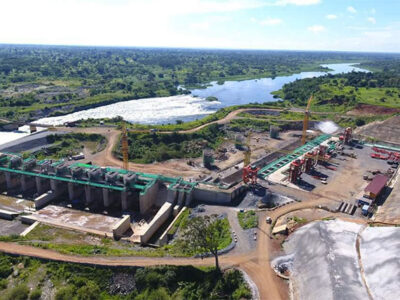BY KIRABO VIOLA ALICE KAREMANI
Realtor, Lawyer& Marketer. LLB, MBA/MARKETING
Housing is a fundamental human right, which “is essential for individual, family and community well being”(As stated in Article 25 of the United Nations Universal Declaration of human rights).While many Ugandans have done well in the housing market, the majority of Ugandan citizens still cannot access affordable housing.
The idea of affordable housing recognises the needs of households whose incomes are not sufficient to allow them access appropriate housing in the market without assistance .Thus, the term ‘affordable housing’ describing housing that assists lower income households in obtaining and paying for appropriate housing without experiencing undue financial hardship. (These are people earning between four to twenty dollars a day per the World Bank)
The housing affordability crisis has been ongoing and only increasing for some years now and has been increasingly documented in recent media reports (case in point, Daily monitor, 29th August 2018).
These affordable houses are constructed by private developers and the government. For instance, National Housing and Construction Corporation has built over twenty thousand houses in over fifty two years of its existence (www.independent.co.ug). Uganda has modestly private affordable developers that have played a significant role by providing decent and affordable shelter to Ugandans. To mention but a few, Universal Multipurpose Enterprises which has built over one thousand affordable houses in a period of three years, ,Comfort Homes has built over three hundred affordable homes in a period of three years , Fukraddin Properties has built over two hundred affordable houses with in a period of one year, 5 Square homes has built over one hundred affordable homes within a year, Buildnet has constructed over one hundred fifty houses with in a period of two years, Serene Heights Kigo has built over fifty affordable houses within one year amongst many others.
Despite the above mentioned developments, the supply of stock is not keeping up with the demand because Uganda has a housing deficit of 2.4 million houses compared to the population of Uganda as of the year 2018 which is 44,817,203 based on the latest United Nations estimates. This is an indicator that the evolution of affordable housing is lethargic in Uganda.
One of the major strategies that can be considered to provide adequate affordable housing for the average income earner in Uganda is to adopt a National housing policy that considers housing markets, how resources are located to housing and the impact of government’s regulation and action to access of affordable and adequate housing for low income earners. This policy must highlight demand and supply of houses in both rural and urban areas; as well have the government consider incentive based strategies such as tax discounts for developers of affordable housing.
The other strategy is developers to stop targeting wealthy and well connected elites as their market segment and rather consider low income earners for low cost houses which calls for such affordable developments across the whole country. Conclusively, affordable housing is still a dream in Uganda but one that is well on its way to getting the attention of even the average Ugandan. violak@pyramidhousing.co.ug












